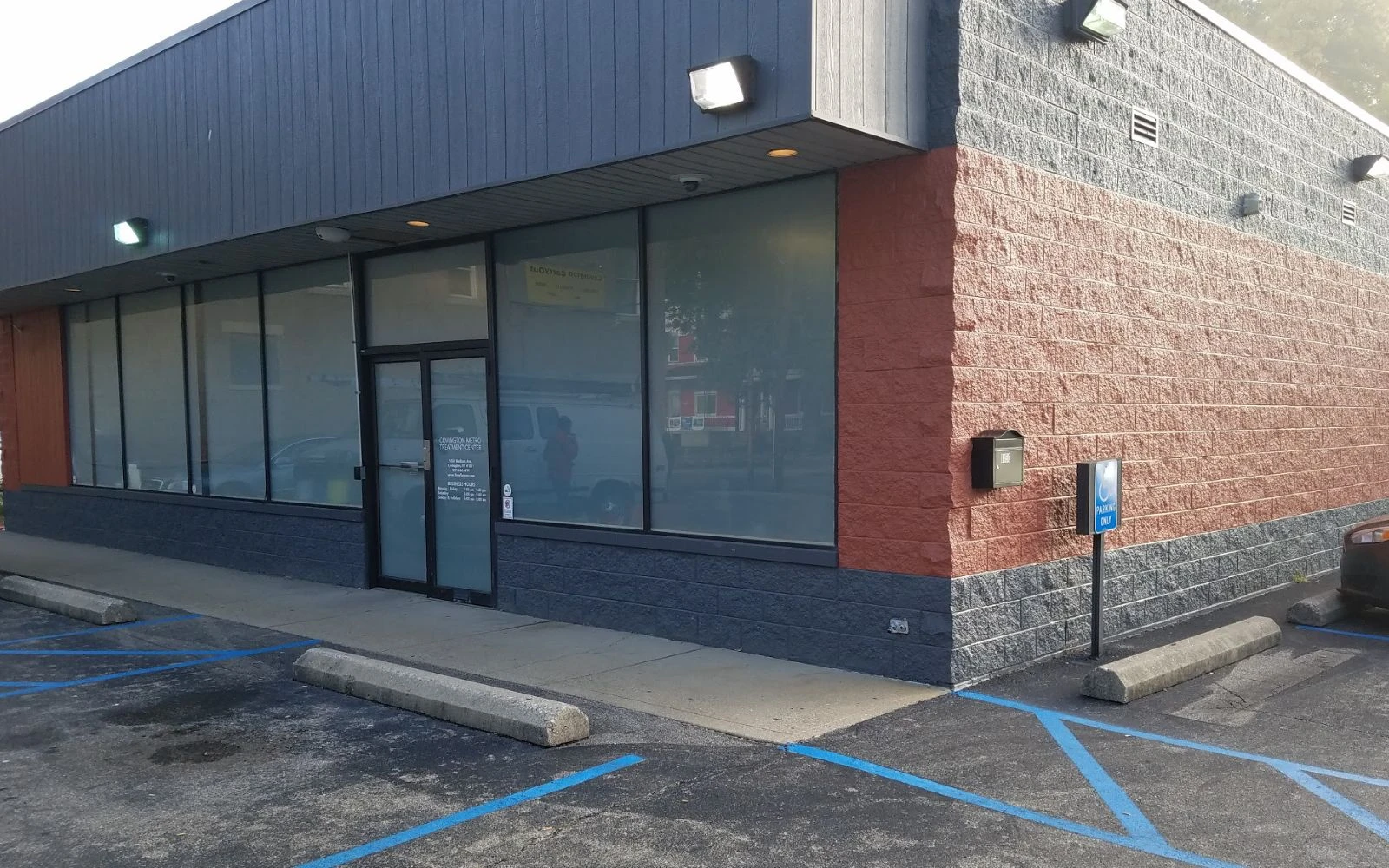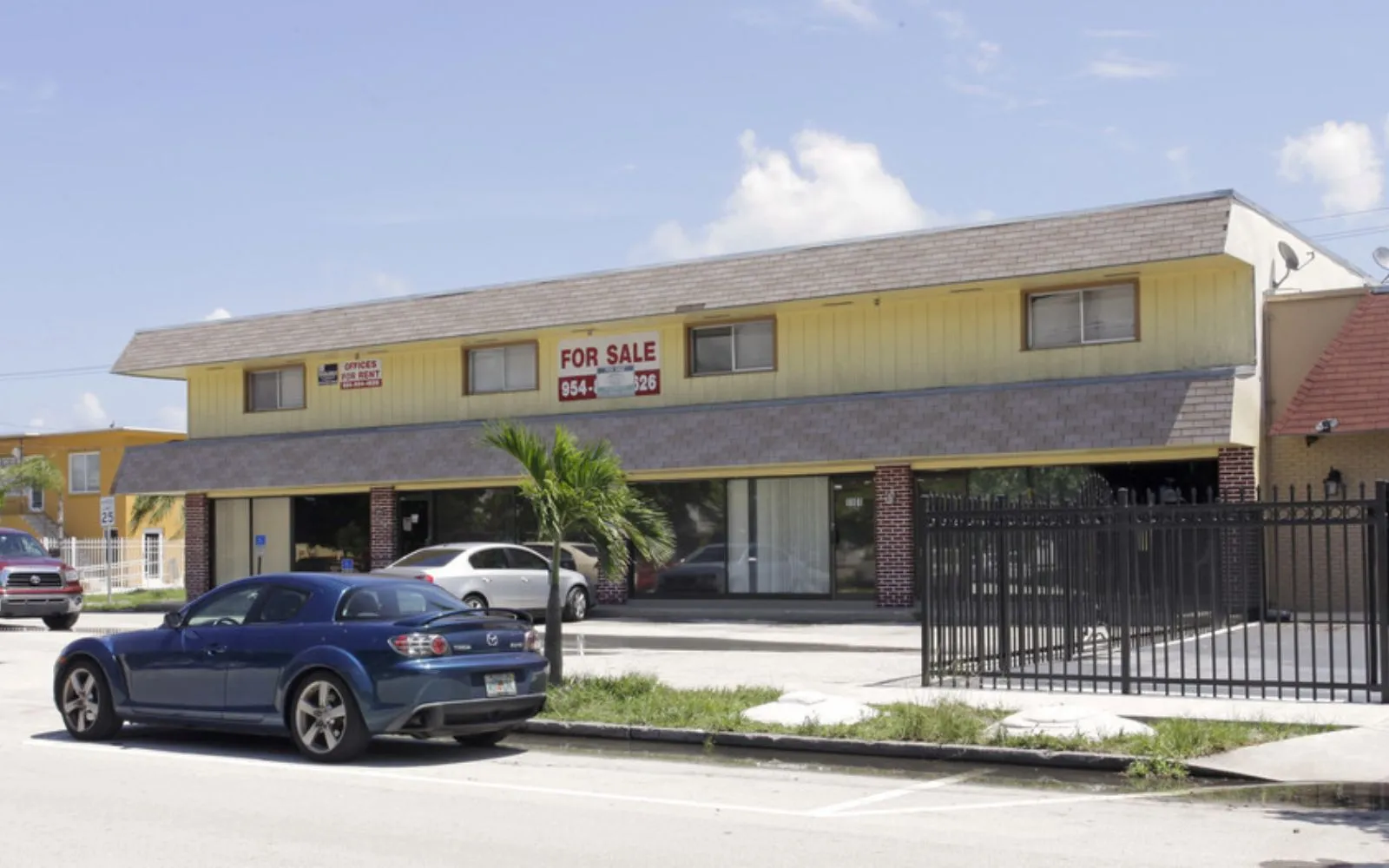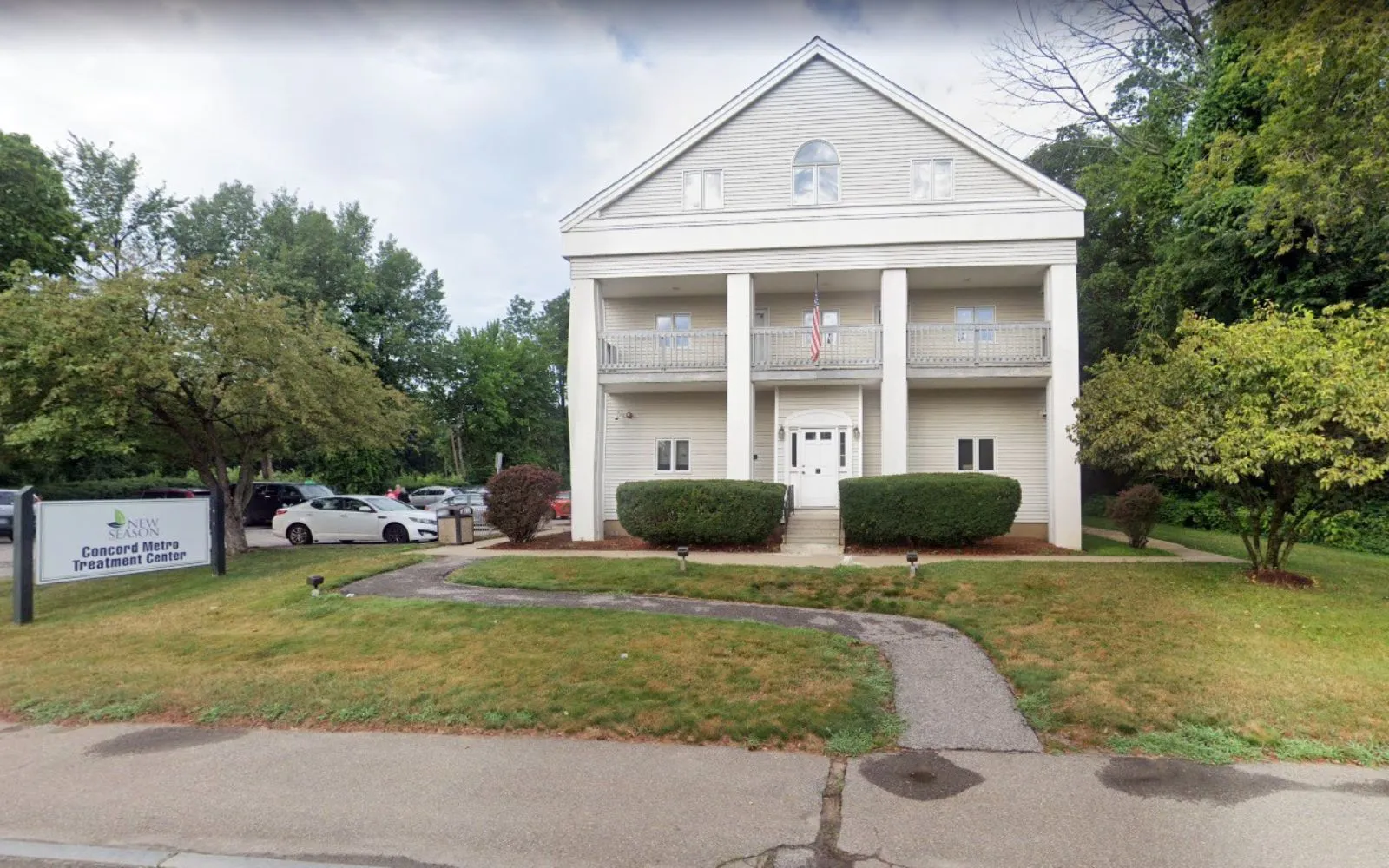Tampa Metro Treatment Center - New Season Information
Treatment
Who We Treat
- Male and Female
Treatment Focus
- Drug Addiction
- Opioids
- Medication-Assisted Treatment
Approaches
- Individual Treatment
- Personalized Treatment
- Evidence-Based
- Medical
- Family Therapy
- Group Therapy
- 1-on-1 Counseling
- Medication-Assisted Treatment (MAT)
- Relapse Prevention Counseling
Substances We Treat
- Opioids
Languages
- English
Aftercare
- Relapse Prevention Planning
- Outpatient Treatment
- Continuing Care
Level of Care
- Outpatient
- Aftercare/Continuing Care
Experience
On-Site Amenities
- Air-Conditioned Rooms
Smoking and Vaping Policy
- Smoking Allowed
- Vaping Allowed
Accreditations
-
State department of health
Government agencies issue State Licenses, granting rehabilitation organizations permission to operate their businesses lawfully within specific geographic regions. The specific licenses needed for legal operation are typically determined by the type of rehabilitation program offered by the facility and its physical location.

-
Commission on Accreditation of Rehabilitation Facilities (CARF)
CARF accreditation is a prestigious recognition granted to rehabilitation and human service organizations. It signifies that an organization meets high-quality standards, having undergone a rigorous evaluation process. CARF accreditation boosts an organization's credibility and ensures top-notch care for individuals with disabilities, injuries, or healthcare needs.

-
SAMHSA certification for opioid treatment program (OTP)
SAMHSA's Opioid Treatment Programs (OTP) accreditation is a prestigious recognition that signifies a program's compliance with stringent standards and guidelines established by the Substance Abuse and Mental Health Services Administration (SAMHSA). This accreditation demonstrates an OTP's commitment to providing high-quality, evidence-based care for individuals struggling with opioid use disorder (OUD). It serves as a trusted symbol of accountability and excellence, assuring patients, families, and communities that the OTP offers safe, effective, and comprehensive treatment options for OUD.
-
Drug Enforcement Agency (DEA)
DEA accreditation refers to the process by which a law enforcement agency is recognized by the Drug Enforcement Agency (DEA) as having met specific training, operational, and resource requirements necessary to participate in DEA-led drug enforcement efforts. This accreditation allows the agency to perform DEA-related tasks such as conducting investigations, executing federal search warrants, and participating in joint task forces.
Additional Locations
Tampa Metro Treatment Center - New Season Accepts The Following Insurance Plans
Find the best treatment options. Call our free and confidential helpline today!








